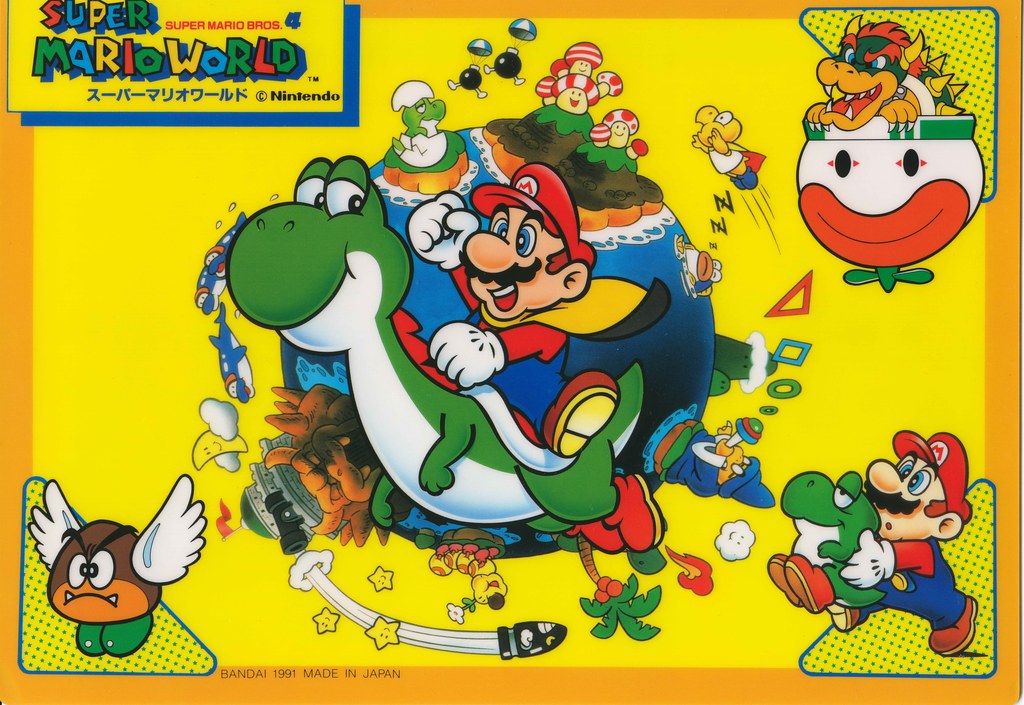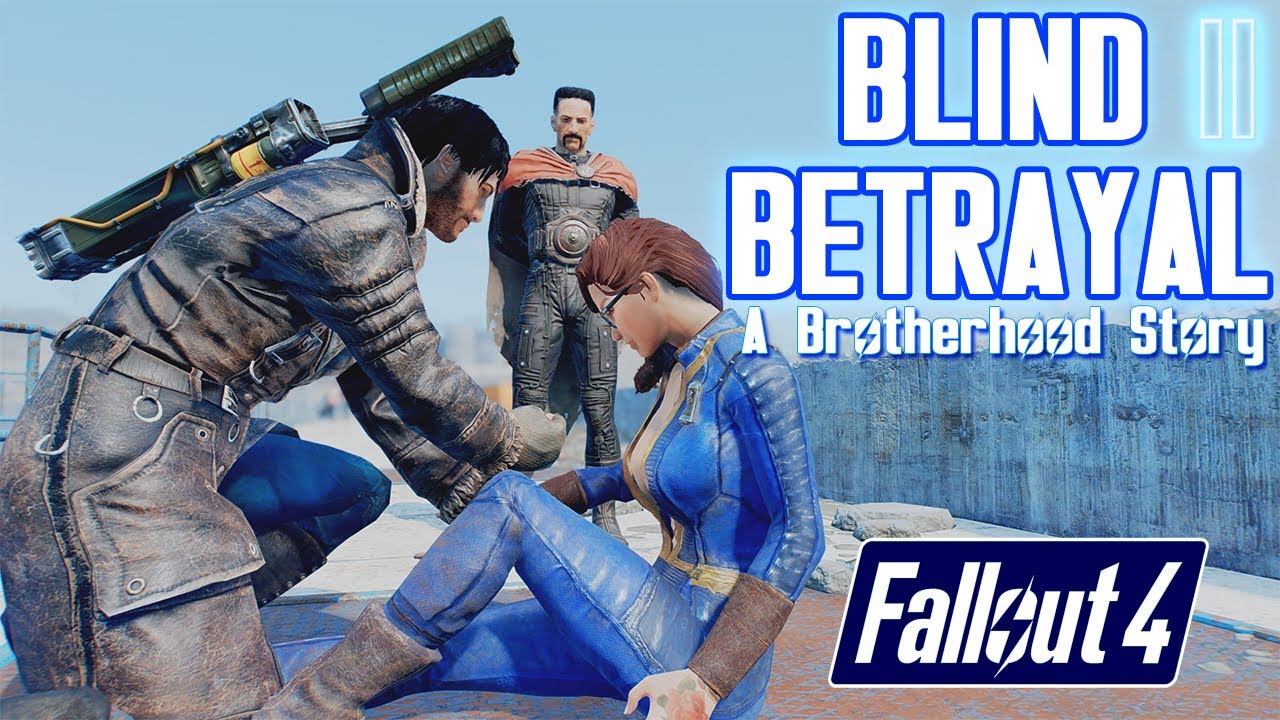Video games serve as a powerful form of art and entertainment that can bring immense joy, excitement, and happiness into the lives of millions of players around the world. However, not all games are created equal; some have left lasting negative impacts on the industry by establishing poor precedents, exploiting consumers, or tarnishing the overall image of gaming.
In this article, we’ll delve into several games that are often praised or seen as exceptional, yet have inadvertently caused harm to the industry in various ways. Let’s examine what made these titles controversial, and explore both their positive and negative repercussions within the gaming landscape.
## Call of Duty: Modern Warfare 2 (2009)
Call of Duty: Modern Warfare 2 stands out as one of the most recognized and impactful first-person shooters ever created, having achieved over 25 million copies sold and receiving critical acclaim across the board. This iconic game is known for its gripping and cinematic storyline, engaging competitive multiplayer experience, and the unique and diverse special ops mode that kept players coming back for more.
The game itself was enveloped in a great deal of controversy and censure, notably for its now-infamous “No Russian” objective, where the player had to engage in a terrorist assault on a Moscow airport, killing hundreds. The level was meant to portray the intensity and horror of battle, but most of the gaming community and pundits thought it unpleasant, gratuitous, and inappropriate—especially in regard to real-world events. The quest was banned or limited in various countries and generated a campaign against the game and the series.
However, it also set a troubling precedent for the annual release and stagnation of the Call of Duty franchise, which has frequently faced criticism for its formulaic and repetitive gameplay coupled with a high price tag. Moreover, the game introduced paid downloadable content, especially for multiplayer maps, which many fans view as an exploitation of their loyalty and a divisive factor within the community.

## Candy Crush Saga (2012)
As one of the most successful mobile games, Candy Crush Saga boasts over 2.7 billion downloads and an astonishing $5.7 billion in revenue. Despite its simplicity, the game is incredibly addictive, requiring players to match various sweets to progress through increasingly challenging levels and unlock new candy-filled worlds.
Yet, it has drawn criticism for its use of psychological manipulation and deceptive strategies designed to keep players engaged and spending money. Operating on a freemium model, the game is free to play but offers in-app purchases for extra lives, boosters, and other bonuses. Additionally, it utilizes a variable ratio schedule, meaning rewards are unpredictable, creating a cycle of anticipation and excitement among players. As players advance, levels become increasingly difficult and frustrating, prompting feelings of effort and achievement, while the game exploits FOMO, social pressure, and the sunk cost fallacy through limited-time offers and reminders of friends’ progress, trapping players in a cycle of compulsive behavior.
These critics have actually labeled the game immoral, damaging, and even predatory toward young and vulnerable persons. The mobile gaming business has also been influenced by this, with the prevalence of similar games adopting the same tactics to monetise its consumers.
## Mass Effect 3 (2012)
Mass Effect 3 wraps up the beloved and critically acclaimed sci-fi RPG trilogy, placing players once again in the shoes of the heroic Commander Shepard, who leads a diverse and charismatic ensemble in an epic quest to save the galaxy from an ancient, formidable threat. The game received high praise for its immersive world, engaging narrative, and strategic combat, featuring a branching storyline that reflects meaningful player choices throughout the journey.
However, its conclusion left many fans and critics feeling frustrated and disillusioned, as they found it unsatisfactory, nonsensical, and contrary to the spirit of the entire series. The game presented three ending options that felt largely similar, failing to reflect the consequences and outcomes of the player’s choices, while leaving many plot points unresolved and numerous story elements hanging.
The uproar sparked by the ending led to widespread outrage, resulting in petitions, protests, and even legal actions against BioWare, the game’s developer, and its publisher, Electronic Arts. This controversy reignited debates about the rights of fans, the responsibilities of developers and publishers, and the importance of creative integrity and quality in gaming. Although BioWare eventually released a free DLC known as the Extended Cut, providing additional scenes and context to the finale, much of the damage to its reputation had already been done.
It also comes with a multiplayer option, one securable via greater replay value and diversity in the game but also considered as a tool to push microtransactions and online passes that are perceived as greedy and unneeded. That is not even addressing the many technical problems of bugs, malfunctions, and awful animations that marred its debut, brought down the reputation and trustworthiness of both BioWare and EA.

These examples represent just a few cases of games that, despite being well-received or even celebrated, have impacted the gaming industry in significant ways. Certainly, many more titles like Fallout 76, Fortnite, FIFA, and Cyberpunk 2077 could be included in this discussion. They collectively illustrate that not all celebrated achievements are created equal, and sometimes the most revered games can inadvertently turn out to be detrimental to the industry.
Related posts:
Fans debate the best games that made the games industry worse – GGRecon
List of video games notable for negative reception – Wikipedia
2023 was the perfect storm of excellence and disaster for the game industry




